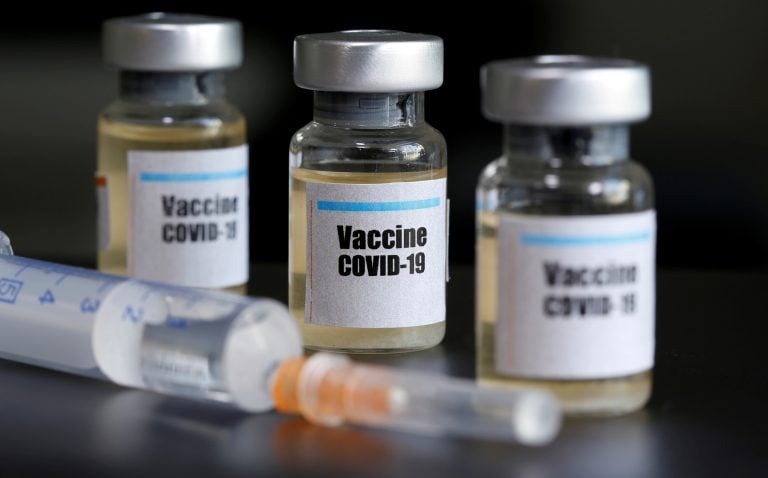The International Air Transport Association (IATA) has urged governments to carefully plan the delivery of COVID-19 vaccines with industry stakeholders. The association has sought that world bodies should ensure they are prepared when a vaccine in launched so that distribution is seamless.
IATA also warned governments of potential constraints in transporting the vaccines by air. With pharma companies constantly working towards developing vaccines, one question remains unanswered, which is whether we are prepared for mass delivery.
Neel Jones Shah, global head of air carrier relationships at San Francisco-based freight forwarder Flexport said: “We are not.”
The industry that shepherds goods from around the world on ships, airplanes and trucks has acknowledged the challenges of shipping the vaccine.
“Let’s all be honest here, vaccine supply chains are exponentially more complex than PPE supply chain,” Jones said, referring to personal protective equipment like surgical masks and gloves. “You can’t ruin PPE by leaving it on the tarmac for a couple of days. You will destroy vaccines.”
Apart from Russia’s vaccine and some in China that are in final-stage trials, Moderna and Pfizer are on late-stage testing. China has three of its vaccines in final stage trials.
With so many candidates working round the clock, its only a matter of time before the vaccine would be ready to be transported to 7.3 billion people across the globe.
Considering vaccines, they will have to be kept at low temperatures, around minus 70 degrees and vaccines by different manufacturers would have different storage requirements.
Other logistical considerations include, security to protect them from theft, trained staff to handle them and accessing regulatory approvals across borders.
What we have right now is a huge logistical nightmare. We do not know the kind of treatment the vaccines will demand – their temperature sensitivities, manufacturing locations and date of shipment.
As it turns out, it’s not just the pharma industry fighting to get the vaccines prepared, the next step is just as hard, for the air cargo industry to ship it across the globe.
“Safely delivering COVID-19 vaccines will be the mission of the century for the global air cargo industry. But it won’t happen without careful advance planning. And the time for that is now,” said IATA Director General and CEO Alexandre de Juniac.
The industry is in the process of developing strategies to distribute as many as 20 billion vaccination doses although regulators have not approved any treatments.
Without having any exact information about vaccines and the measures that need to be taken to protect them from harm, the industry has to plan, and they are urging governments to do the same.
“We urge governments to take the lead in facilitating cooperation across the logistics chain so that the facilities, security arrangements and border processes are ready for the mammoth and complex task ahead,” added de Juniac.
For starters, the government should consider the reduced capacity of the aviation industry. According to an IATA approximation, they need over 8,000 jumbo jets to send one single does of vaccine around the globe.
Which is a big problem because over the past few months, after facing back-to-back shocks, the industry had put airplanes in storage. While that was their immediate response to cut costs, it has also curtailed the global network that would have aided in distribution.
“Even if we assume that half the needed vaccines can be transported by land, the air cargo industry will still face its largest single transport challenge ever. In planning their vaccine programs, particularly in the developing world, governments must take very careful consideration of the limited air cargo capacity that is available at the moment. If borders remain closed, travel curtailed, fleets grounded and employees furloughed, the capacity to deliver life-saving vaccines will be very much compromised,” said de Juniac.
Companies like FedEx, DHL, UPS and Deutsche Lufthansa AG have started introducing systems to make delivery easier. Then again, delivering vaccines is nothing new for these companies.
Pharmaceutical products make up for 1.9 percent of the global air-cargo volume, making them one of the most valuable categories for cargo. These carriers have supply chains in place to pull this off; they know how and where to start. The only roadblock is that they have never had such huge volumes before. And they were never so uncertain about the exact handling conditions of their orders before.


